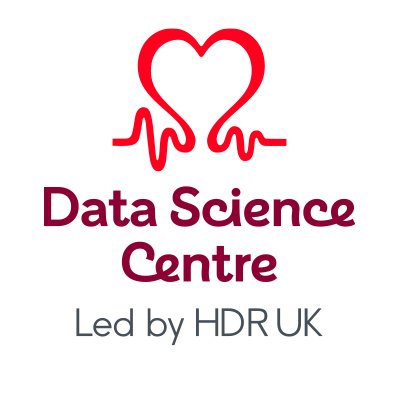Healthcare data in clinical trials: the potential and the challenge
16 July 2021 | Author: Matt Sydes, Professor of Clinical Trials & Methodology
Routinely‑collected healthcare data could transform clinical trials, but few UK trials are making use of it. Matt Sydes explores the potential and challenges, and the work that is being done to tackle these problems.
Very few clinical trials use routinely-collected healthcare data
The way we plan and run clinical trials could be transformed through sensible use of ‘routinely-collected healthcare data’. Relevant data are already collected in healthcare systems from interactions with healthcare professionals. These data could reach our trial databases in a more automated way. Currently, data mostly reach trial databases through a trial-specific collection route. This traditionally involves someone at the site transcribing data out of the hospital or GP system into a trial-specific computer system, or on to paper forms which then need to be entered into the trial database by someone centrally. Accessing this routine data should be simpler and cheaper for everyone and with fewer transcription errors.
These routine systems could also help us to identify potential sites in which research could be run and to help site staff more quickly identify which patients might be suitable for a discussion about participating in research.
If these advantages seems obvious, it should come as a shock how few trials in the UK have tapped into these systems in recent years. We estimated that between 2013 and 2018, fewer than 5% of UK trials were accessing data from healthcare systems.
Trials with routine data – the challenges
We researchers face notable challenges in setting up and running trials that could access routine data. These include: who is holding the data; which data points are available; can the data be successful accessed throughout the trial – partly arising from the stringency of the safeguards; how much does it cost to facilitate access to the data; are the routine data up-to-date or an old snapshot; are they of good and reliable quality; will regulators accept these as data; and can the routine data be kept according to the regulations? Not knowing these answers is further compounded with a general lack of experience and expertise in the trials community for accessing and using these routine data. It is further compounded by a general lack of trials expertise by groups holding the data.
Workshopping our way to a solution
To usher in a future of data-enabled trials, Health Data Research UK (HDR UK), National Institute for Health Research (NIHR) and Clinical Practice Research Datalink (CPRD) brought together researchers and trial practitioners from across the UK to talk about the “art of the possible”. This was a positively-focused, one day, national workshop to look at examples of what has already been done, to reflect on what is already achievable, and to set out examples from which the community can learn.
Publishing our recommendations in BMJ Open
Our paper from the workshop has recently been published in British Medical Journal (BMJ) Open. Embracing the same transparency which we recommend of our trials, this paper is open-access and available to everyone. It sets out successful case studies from ASCEND, COPE, DECIDE, Salford Lung Study and SANAD-II, each of which accessed routine data. Our paper calls for us to move to widely adopt and embrace similar data-enabled approaches. Here’s what we recommend:
- A clear map is made for how to identify, access and use routine datasets for clinical trials
- Wider sharing of the codes used to define eligibility and events on appropriate repositories, like GitHub or the HDR UK Gateway.
- Additional, detailed case studies should be made available through trial leads sharing their experiences
- Greater capacity-building and capability-building across the trials community and data collators – we all have a role to play in this.
Future challenges
There are a number of challenging issues still to resolve. We also recommend that more researchers build in methodology questions into their protocols and share these findings on linkage rates, on how to finesse eligibility and on assessments of data utility and timeliness. My co-authors and I are already doing some of this work but it needs wider input from my trials. Teams can work with HDR UK and the Medical Research Council National Institute for Health Research (MRC-NIHR Trials) Methodology Research Partnership. Certainly at the Medical Research Council (MRC) Clinical Trials Unit at University College London (UCL) and at the HDR UK led British Heart Foundation (BHF) Data Science Centre where I research, we are keen to be moving the unnecessary barriers and ushering in the future of data-enabled clinical trials for all of us.



